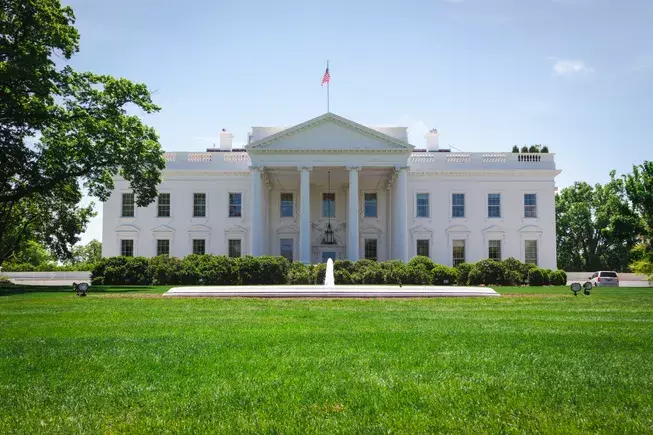The recent announcement by the U.S. government regarding the reduction of tariffs on Chinese imports presents a significant milestone in the ongoing economic ballet between the two nations. Amidst growing concerns over the repercussions that an escalating trade war would have on global markets, this responsive measure has seemingly offered a much-needed respite for both economies. By dialing back on tariffs, the U.S. is not only working towards stabilizing its own market conditions but also subtly extending an olive branch to its economic adversary, China. This pause might well be the catalyst required to facilitate constructive dialogue on various contentious issues, including the highly scrutinized TikTok app, which has found itself at the intersection of international trade tensions and data privacy concerns.
The TikTok Saga: A Trade Pawn?
The complexities surrounding TikTok are inextricable from the broader narrative of U.S.-China relations. In January of the current year, the U.S. Senate approved legislation mandating that TikTok must transition to a U.S.-owned business model to remain operable within American borders. Initially, the sanctions appeared to usher in an era of urgency, compelling the app’s parent company, ByteDance, to seek an American partner. Yet, as the deadlines loomed, it became evident that the geopolitical climate was too volatile for any meaningful negotiations to take place. After the Senate bill’s enforcement began, further pressure from the U.S. administration resulted in a series of delays compounded by regulatory concern from Chinese authorities. This unfortunate intertwining of trade policy and app regulation renders TikTok a symbolic pawn in this protracted chess game.
Political Intricacies and the Search for Solutions
Under the watchful gaze of the Trump administration, TikTok’s fate hung in a precarious balance. Following Trump’s inauguration, a temporary stay on the bill’s enforcement provided ByteDance additional time to negotiate a resolution. However, negotiations were further complicated by growing U.S. tariffs that fostered a climate of distrust between the nations. Trump’s proclivity to deploy tariffs as leverage further muddied the waters, as Chinese officials halted any discussions on TikTok amid rising pressure. This situation exemplifies the intricate interplay between political maneuvering and corporate realities—a reminder that when power dynamics shift, the implications ripple down to the consumer level.
Prospective Partnerships: Oracle on the Horizon?
As discussions of trade agreements resume, there is renewed speculation surrounding a potential TikTok deal, notably involving Oracle—a notable American tech company. If a partnership is forged based on the requirements of the “Protecting Americans from Foreign Adversary Controlled Applications Act,” it would involve stringent stipulations designed to curtail foreign influence over user data and algorithmic governance. On paper, the framework appears achievable, though the execution involves relinquishing a degree of control that ByteDance may not willingly concede. Still, the mere possibility of a deal surfacing offers a glimmer of hope not only for TikTok’s future in the U.S. but also for its vast community of creators who rely on the platform for their livelihood.
Implications for Content Creators
For TikTok creators, the oscillating fate of the app over the past year has bred uncertainty and anxiety. Many influencers and digital content producers have experienced a continuous tug-of-war, balancing their creative aspirations with looming regulatory changes. The swift pace of political decisions can seem at odds with the organic growth and spontaneity that social media users thrive on. This fragility points to a broader issue in the digital economy, where creators find themselves entwined in complex geopolitical narratives beyond their control. While tariff reductions open the door for potential negotiations, the ultimate outcome remains unpredictable.
As the international community watches keenly, the intersection of trade policy, corporate interests, and digital consumerism becomes increasingly pronounced. Creating a stable environment for apps like TikTok ultimately hinges on political cooperation and shared economic interests. The unfolding developments shine a light on how digital platforms are not merely tools for communication and entertainment but are also pivotal players in the broader geopolitical landscape. The vibrant ecosystem of creators deserves stability and support, and the hope is that ongoing political dialogues will respond to these needs.

